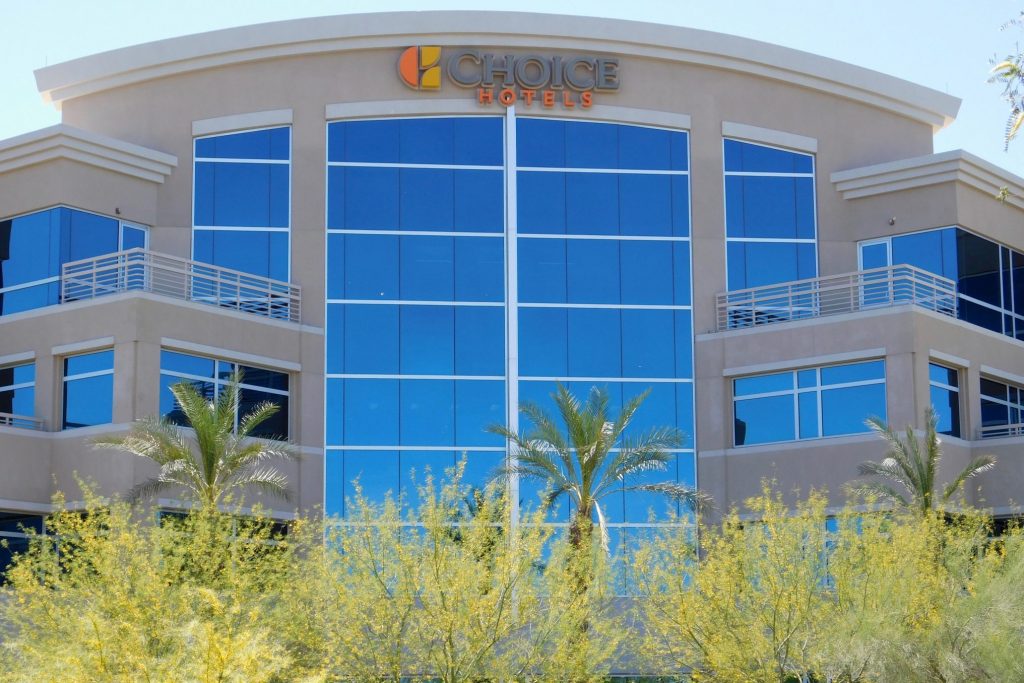Choice Hotels Sees Revenue Surge From Guests Who Live Within 25 Miles of Its Hotels

Skift Take
If you can't make a long-haul trek to Paris this summer, why not just a short hop, skip, and a jump to a roadside hotel two towns over? That mindset seems to be working in Choice Hotels' financial favor.
Hyper-local travel helped Choice Hotels perform significantly stronger than its competitors over the course of the worst months of the pandemic.
The same week major hotel companies like Hilton and Hyatt reported hundreds of millions of dollars in second quarter losses, Choice Hotels posted a relatively small $2.4 million loss. Choice’s leaders attribute the above-average performance to its portfolio centered around drive-to, leisure destinations.
More than 4,000 Choice Hotels properties in the U.S. are located within a mile of an interstate highway exit. But a growing traveler base for Choice may not have even required a highway trek to get to their final destination.
“In June, one-fourth of our revenue came from guests who traveled less than 25 miles to a hotel, a sign that more guests just want to get out of the house while staying closer to home,”
